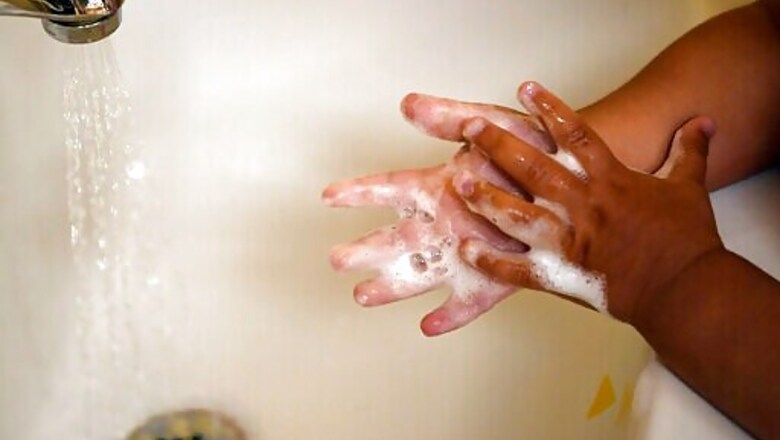
views
WASHINGTON: A sharp decline in routine medical care for low-income children during the coronavirus shutdown could cause long-term harm if not reversed, federal officials warned Wednesday.
A data snapshot from the Centers for Medicare and Medicaid Services, or CMS, found that vaccinations, screening for childhood diseases, visits to the dentist and even mental health care dropped precipitously from March through May of this year, when doctors’ offices and hospitals put elective services on hold to confront the coronavirus.
The absence of these vital health care services may have lifelong consequences for these vulnerable children, and I call on states, pediatric providers, families, and schools to ensure children catch up,” CMS administrator Seema Verma said in a statement.
The data, based on an analysis of billing records, come from Medicaid and the Children’s Health Insurance Program, which together cover nearly 40 million low-income children.
Among the findings:
Early childhood vaccinations declined by 22%, or 1.7 million fewer immunizations for kids up to age 2.
Time-sensitive screenings for cognitive or developmental problems fell by 44%.
Even after accounting for increased use of telehealth, there were 6.9 million fewer mental health visits.
Visits to dentists plunged by 69%.
The changes mirror what happened with everyday health care services for adults. Many colonoscopies, mammograms and follow-up visits for chronic conditions were canceled or postponed during the strictest period of the shutdown, as were procedures like knee replacements and root canals. But with children, the consequences could be more profound if missed shots lead to outbreaks of preventable illnesses like measles and mumps later on.
CMS said more recent data has shown a pickup in childhood immunizations since May, but the agency stressed that needs to go into overdrive to make up for the missed services during the spring.
The potential for increased outbreaks of infectious disease due to decreased vaccinations is real, and can result in decreased school attendance, decreased learning, and increased childhood illness in general, the agency warned. It is important for schools and families to catch up on well-child visits and ensure that children are up-to-date on their immunizations.
The data showed that relatively few children covered by government health programs have been treated for COVID-19. More than 250,000 children were tested for the virus through June, but only about 32,000 received treatment and fewer than 1,000 were hospitalized through the end of May.



















Comments
0 comment